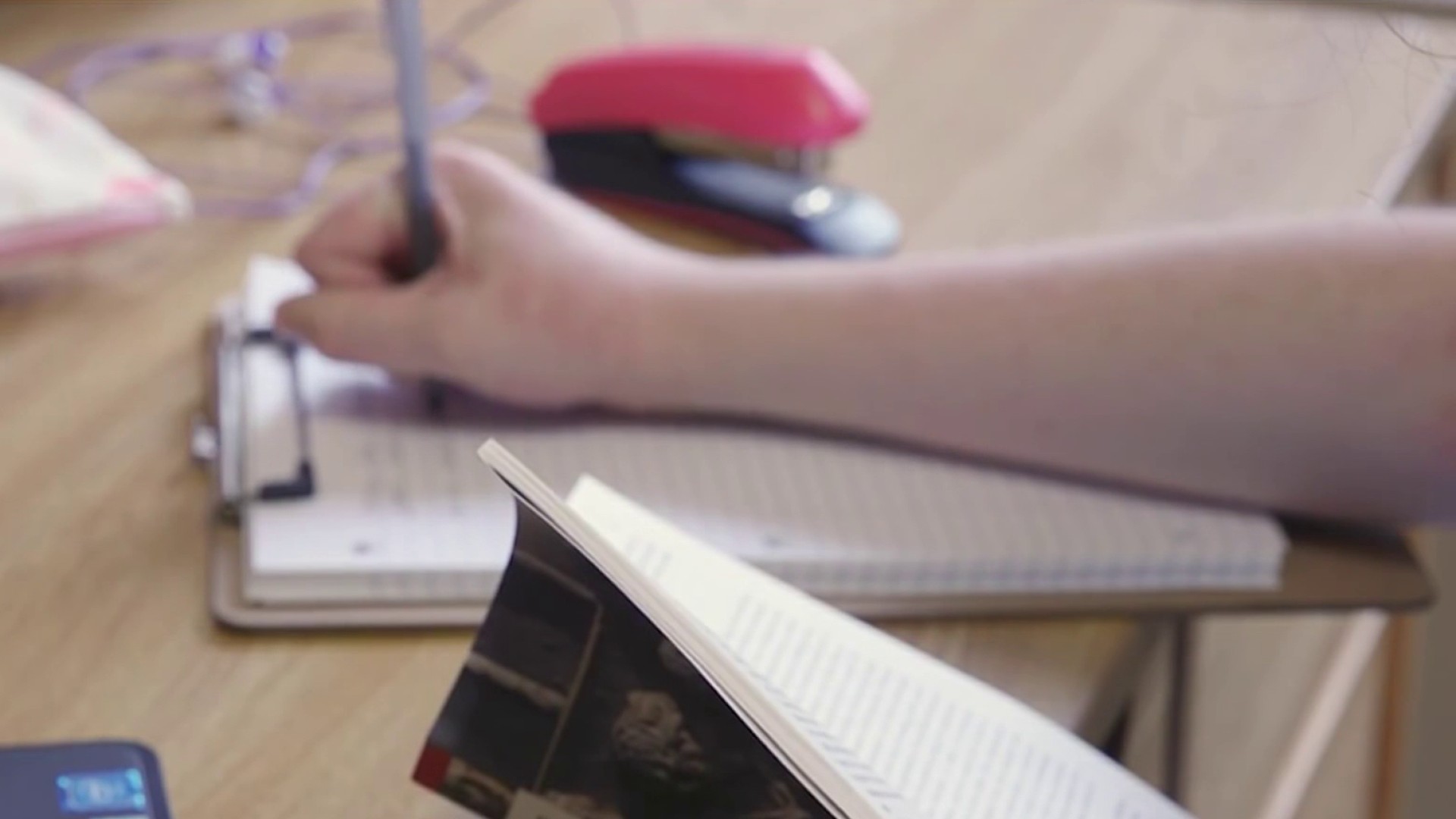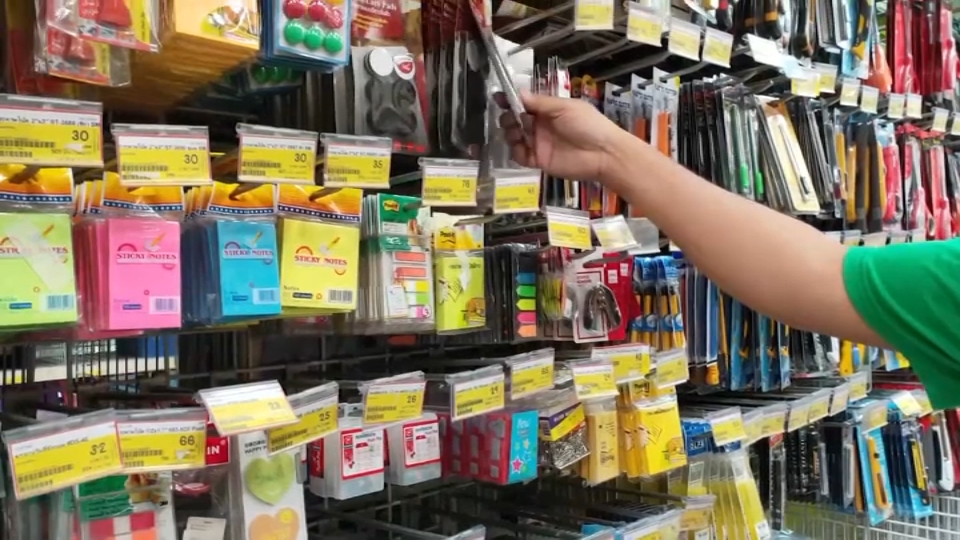Keeping track of how kids are using the technology available to them is one of the hardest jobs parents have today.
Rebecca Levine of Needham has kids in seventh, ninth and 12th grade. She tries to stay on top of it.
"I think we spend a lot of time talking and using examples, but it’s a struggle," said Levine. "It's really hard to know where they're going once they get on their phones."
Most parents probably feel the same way. Trying to monitor kids' online activity and stay up on the latest apps and trends isn’t easy.
Get Boston local news, weather forecasts, lifestyle and entertainment stories to your inbox. Sign up for NBC Boston’s newsletters.
"I try to find a happy medium between giving them space ....you know, when we were younger and we were on the phones in our bedrooms, our parents didn't know what we were talking about,” said Levine. "So it's the same idea, it's just a different tool. So, it's a lot of trial and error, though, because I have no idea how to use technology the way they do."
Kids rely on their devices for everything, from schoolwork to socializing with friends. Online safety expert Lynette Owens said communication is key.
"The number one piece of advice I can say is certainly use every tech tool in the book that's available to you," said Owens, who is the vice president of Trend Micro’s Global Consumer Education and Marketing. "But don't minimize the importance of conversation between you and your child, you and other parents, and even you and your child's school, because their school is also starting to promote the use of technology in the classroom. You all should be talking regularly."
Owens recommends using any parental controls, security software and settings available on devices and apps to lower online risks.
Encourage your child to be a minimalist when it comes to sharing information about themselves online.
Use strong passwords and two-factor authentication, and teach your kids to be skeptical.
"Encouraging kids to be critical thinkers of what they're seeing, what they're hearing and what they're reading is an absolutely important skill," she said. "Parents should be doing this right now at the start of school, before they are spending all this time trying to write papers and finding sources for their work."
Want some help navigating it all? Trend Micro offers a free virtual program for parents across the country during the school year, called Family Tech Talk.
You can get tips and advice on a broad range of topics including digital well-being, safety, security, privacy, social networks and personal responsibility online.
"We’ve learned over the years that this program is badly needed,” said Owens. "Many of these parents say...I thought I knew everything, and it turns out I've learned something new."
The Family Tech Talk is offered in English and Spanish during the school year. You can ask questions, and get specific information on the problems you’re facing. You can sign up online here.




